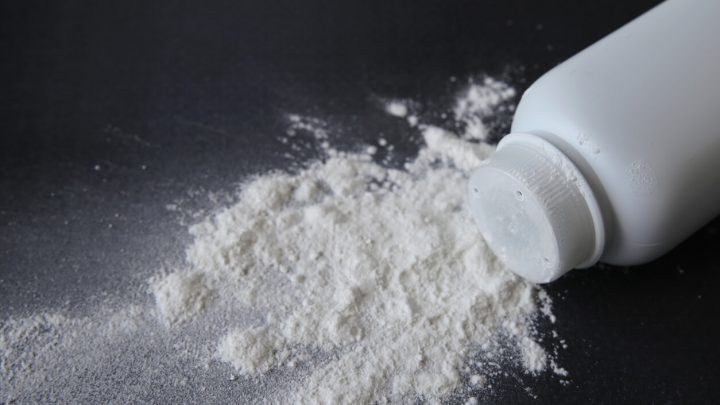Talc Advisory Issued by Philippine FDA
Editors carefully fact-check all Drugwatch.com content for accuracy and quality.
Drugwatch.com has a stringent fact-checking process. It starts with our strict sourcing guidelines.
We only gather information from credible sources. This includes peer-reviewed medical journals, reputable media outlets, government reports, court records and interviews with qualified experts.

Concerns about talc and ovarian cancer are at the center of an advisory recently issued by the Food and Drug Administration for the Philippines.
The agency circulated the advisory from the Association of Southeast Asian Nations (ASEAN) saying evidence of talc’s link to ovarian cancer is “inconclusive.”
It notes that talcum powders for children must carry a warning to keep the powder away from children’s nose and mouth. The requirement, according to the advisory, is in line with those in Canada and the European Union.
This came after two Southeast Asian consumer-protection groups, Laban Konsyumer Inc. and the EcoWaste Coalition, said some products lacked the required warning label.
Johnson & Johnson, as well as other talcum-powder retail suppliers in the U.S., have warning labels on their products cautioning against inhaling the powders.
The U.S. Food and Drug Administration has been conducting its own review of the ovarian cancer data regarding talc.
Last year, the FDA agreed to fund a study investigating the possible links. According to the description of the study funded by the Office of Women’s Health, “Although some studies have examined the relation between talc and ovarian cancer, its effects on female genital system tissues have not been adequately investigated.”
The research is to “help fill some of the existing data gaps.”
Evidence about talc’s link to ovarian cancer has been conflicting. However, some published medical research suggests a link to long-term use by women who dust it on their genitals.
There is also evidence that some talc has contained asbestos. Asbestos has been linked to deadly mesothelioma.
In July, the Philippine FDA issued another advisory regarding safety issues related to use of talcum powder in the pelvic area of the body. That notice reviewed conflicting findings around the world, including in the United States, about talc’s possible link to increased risk of ovarian cancer and mesothelioma.
The agency directed talc producers to certify that their products do not contain asbestos. It warned the public to use caution about purchasing products that hadn’t gone through the agency’s verification process.
Thousands of women have filed lawsuits in the U.S. against talc manufacturers and distributors, including Johnson & Johnson, Imerys Talc America, Colgate-Palmolive and Whittaker, Clark & Daniels.
These lawsuits blame the talc for ovarian cancer, mesothelioma and other diseases.
Some cases have resulted in multimillion-dollar verdicts.


